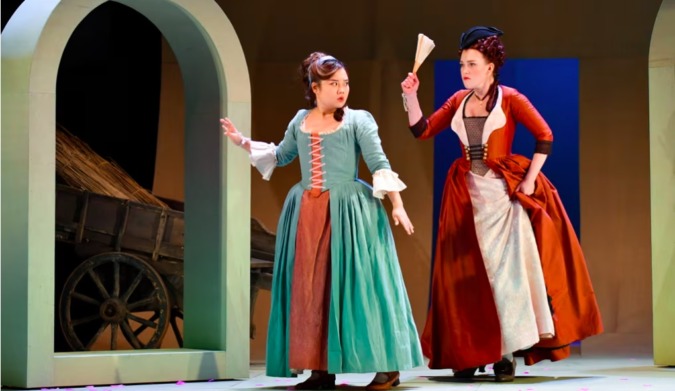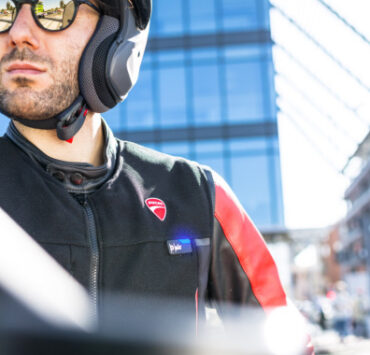
Exchanging words like quarreling cats – “Meatball!” “Sardine!” – two dueling sopranos almost stole the spotlight at the recent performance in the Royal College of Music’s Britten theatre. The showcased work, though over two centuries old, was a novel experience for most of the audience. Giuseppe Gazzaniga (1743-1818), an Italian composer linked with Naples, crafted 51 operas, with his most recognized work being Don Giovanni Tenorio (1787), a narrative also explored by Mozart a few months later for obvious reasons.
In both renditions, the dissolute antihero encounters a stone guest, meeting his just consequences. In a daring move, the RCM Opera Studio, a postgraduate training program for emerging professional singers, selected Gazzaniga’s opera buffa for its winter term production.
Their success served as a timely reminder, one of two instances last week, of the significance of our national conservatoires. Amidst the turmoil surrounding university music departments and uncertainties about curriculum content, these departments are facing cuts or complete elimination (Oxford Brookes being the latest casualty, with others in jeopardy). While nothing is guaranteed forever, conservatoires, some shielded by royal charter, remain clear in purpose: providing vocational music training at an exceptional standard. They attract global talent, and despite their challenges in one-on-one teaching practices, these institutions deserve our appreciation.
In this alternative Don Giovanni, featuring the first of two casts, the Scottish tenor Marcus Swietlicki embodied a light-voiced and suave title role, complemented by his fellow Scot, the comical baritone Daniel Barrett as his sidekick, Pasquariello. Every cast member excelled, and Louise Bakker’s traditional staging, with designs by Becky-Dee Trevenen and lighting by Joshua Gadsby, was skillful. Under the experienced baton of the RCM’s director of opera, Michael Rosewell, the orchestra navigated the intricate passages and string flourishes with stylish precision.
This rendition of the story, though still carrying an undercurrent of menace, is more light-hearted than Mozart’s. The predominantly sunny disposition can be attributed, in part, to the major key prevalent in much of the music (Mozart established a minor key tone from the opening chords). Reflecting the Italian opera tradition of the time, music from other sources was incorporated, including pieces by Mozart himself (Leporello’s “Catalogue” aria) and Antonio Salieri. The entire cast deserves commendation, particularly the performers of the intense duet: Australian soprano Georgia Melville (Donna Elvira) and South Korean soprano Henna Mun as Maturina, her romantic rival. After investing considerable effort in mastering this unfamiliar music, it is hoped that they all have opportunities to revisit it in their careers.
Meanwhile, at the Royal Academy of Music, which also houses an elite postgraduate opera school, a presentation of Handel’s Ariodante showcased the current strength of the UK’s baroque opera tradition. Directed by Olivia Fuchs and conducted from the keyboard by David Bates, the minimal and elegant designs by Yannis Thavoris featured gender-fluid costumes. While the cast initially grappled with the vocal demands of the music, as the performance unfolded, confidence grew, resulting in a moving and committed presentation. Special praise is due for the bassoon obbligato and the vigorous chorus work, showcasing punchy yet subtle orchestral playing. Baritone Charles Cunliffe, joint winner of the 2023 Leeds Lieder/Schubert Institute UK song prize, stood out, with promising performances from Clara Orif, Rebecca Hart, Erin O’Rourke, and the rest of the cast.
In the titular role, mezzo-soprano Angharad Rowlands, an Oxford Song young artist for 2022-24, embraced the task and displayed her full range of expression in the joyful final aria, Dopo notte. In essence, after a turbulent night, the sun emerges, and the storm-tossed boat returns to shore. The desire to hear her perform it once more lingers.





